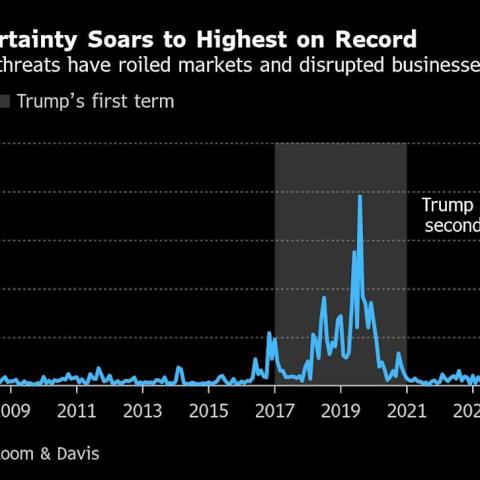Billionaire Elon Musk recently made headlines when he handed out two $1 million checks to attendees at a rally in Green Bay, Wisconsin. This unusual move aimed to draw attention to a crucial state Supreme Court election that could influence the ideological balance of the court, now held by a liberal majority of 4-3.
Before Musk’s rally, hundreds protested outside, criticizing his lavish spending and involvement in reshaping federal agencies under former President Donald Trump. Musk has already donated over $20 million to support conservative candidate Brad Schimel. The election pits Schimel against liberal candidate Susan Crawford, and while it’s technically nonpartisan, party affiliations heavily influence support.
Speaking to a crowd of over 1,000, Musk stated that the new court could affect congressional maps in Wisconsin. He emphasized the potential implications of the race, claiming it could impact the trajectory of democracy in the U.S. Musk’s determination to engage in this political battle reflects a growing trend where wealthy individuals leverage their resources to influence elections. According to a report from the Center for Responsive Politics, spending in state elections has soared, with outside contributions often exceeding those from traditional campaign funding.
However, Musk’s extravagant giveaway has faced legal challenges. Wisconsin Attorney General Josh Kaul filed a lawsuit to prevent the check distribution, labeling it an attempt to bribe voters. The state Supreme Court allowed the event to proceed despite these objections.
Musk awarded the checks to Ekaterina Diestler and Nicholas Jacobs. Public reactions have been mixed. Some supporters hailed Musk as a visionary fighting for financial accountability in government, while many critics viewed his actions as an attempt to sway the election in a manner that undermines democratic processes. For example, Brooke Buege, a local resident protesting outside the rally, expressed concern over Musk’s influence, stating, "It’s disgusting that the richest man is trying to buy our elections."
In addition to this dynamic, it’s worth noting the historical context of campaign financing. Rules surrounding campaign contributions have evolved, primarily post-Citizens United, where Supreme Court decisions allowed for increased spending by corporations and individuals in elections. Critics argue that this shift has led to an imbalance, favoring wealth over democratic representation.
Moreover, the upcoming election is not just about political alliances. It carries considerable stakes, including Roe v. Wade implications. Should Schimel win, an 1849 abortion ban might be reinstated, a concern voiced by protestors worried about women’s rights.
Overall, Musk’s recent actions and their implications reveal a significant shift in political participation. Wealth, celebrity, and social media influence are reshaping the landscape of elections, raising questions about the integrity of the democratic process in America. While supporters of Musk view his spending as revolutionary, critics fear it might lead to a form of governance dictated by the highest bidder rather than the will of the people.
For a broader perspective on campaign financing trends and contributions, consider visiting the Flashpoint Report for detailed analysis.


:max_bytes(150000):strip_icc():focal(715x360:717x362)/bobby-hull-021925-bf94af2118624826a373a22e2011afa7.jpg?w=480&resize=480,480&ssl=1)







